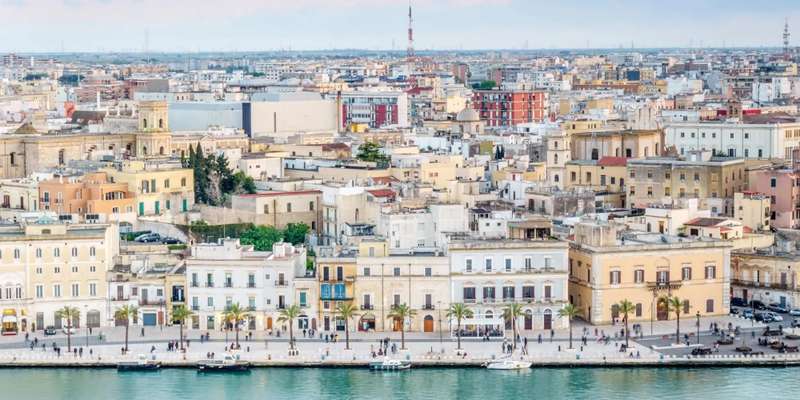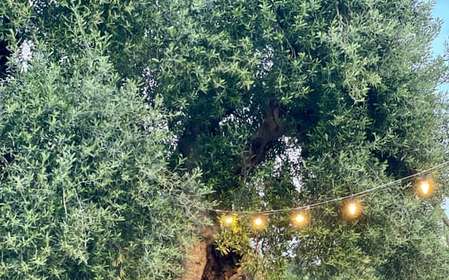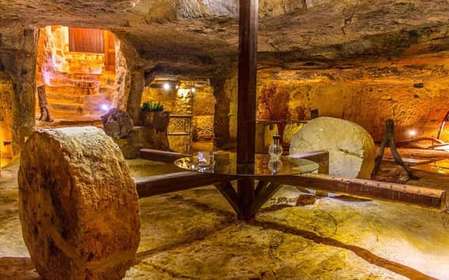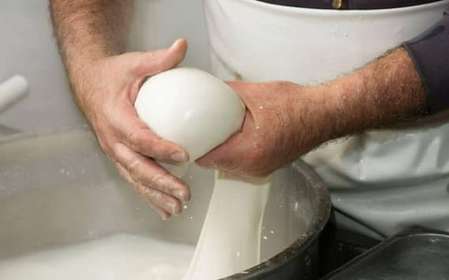- Home
- Useful Tips
- Where to find authentic crafts...
Finding authentic crafts in Brindisi can feel like searching for a needle in a haystack. With over 60% of souvenirs sold in tourist areas being mass-produced imports, travelers often return home with generic trinkets instead of meaningful mementos. The frustration runs deeper than just wasted money – it's about missing a chance to connect with Puglia's rich artisanal traditions. Locals watch as visitors unknowingly purchase 'Made in China' replicas of regional crafts, while genuine workshops struggle to compete. This disconnect leaves both sides unsatisfied: you miss out on true cultural immersion, and skilled artisans lose vital income. The problem intensifies during peak season when crowded markets make thoughtful shopping nearly impossible. But beneath the surface, Brindisi hides a thriving network of family-run botteghe keeping centuries-old techniques alive.


How to spot fake souvenirs in Brindisi's tourist zones
The historic center's main streets may dazzle with colorful displays, but many items aren't what they seem. Authentic Puglian ceramics feature distinctive regional motifs – look for the intricate 'fischietto' (whistle) designs from Grottaglie or the earthy tones of Laterza pottery. Imports often have brighter, less nuanced glazes. For olive wood products, check for slight imperfections that reveal hand-carving versus machine production. Price can be a clue too; genuine handmade leather goods from Salento shouldn't cost less than a restaurant pizza. Local artisans typically display their workshop credentials proudly, while import resellers avoid discussing origins. One reliable test? Ask which town the item comes from – true craftspeople will enthusiastically explain their piece's roots in specific Puglian traditions.
Hidden workshops where Brindisi artisans create their masterpieces
Venture just two blocks behind the Roman columns to discover Brindisi's real creative heart. The San Pietro degli Schiavoni district shelters generations-old botteghe invisible to most tourists. Here, the Marsella family has been crafting copperware using medieval techniques since 1923 – their tiny showroom overflows with hand-hammered pans perfect for Puglia's iconic bean dishes. Nearby, Ceramiche d'Arte Pugliese welcomes visitors to watch potters shape local clay into traditional 'capasone' wine jugs. For textile lovers, Laboratorio Tessile di Brindisi preserves the ancient art of 'tombolo' lace-making. These workshops rarely advertise, operating instead through word-of-mouth among locals. Morning hours (9-11 AM) offer the best chance to see artisans at work before they shift to production. Many craftspeople happily explain their process if you show genuine interest.
When and where to find Brindisi's authentic craft markets
Timing transforms your craft hunting in Brindisi. While daily tourist markets prioritize convenience, the city's legitimate artisan gatherings follow deeper rhythms. The Mercatino del Gusto e dell'Artigianato on first Sundays showcases Puglia-wide makers with strict vetting – arrive early for rarest finds. Wednesday mornings bring local elders to the lesser-known Piazza Mercato for traditional household items rarely sold elsewhere. Seasonal events like December's Presepe Artigianale feature nativity scenes carved from Lecce stone. For year-round reliability, the Associazione Artigiani di Brindisi maintains a rotating pop-up space near the Cathedral with member verification. Rainy days surprisingly offer advantages, as serious collectors know indoor workshops stay open while street vendors pack up. Savvy shoppers coordinate visits with cultural festivals like the Festa di San Teodoro, when rural artisans come to town.
Ethical shopping practices that support Brindisi's craft heritage
Purchasing authentic crafts creates a ripple effect that sustains Brindisi's living heritage. When you buy directly from artisans, 80% more revenue stays in the local economy compared to souvenir shop purchases. Consider commissioning custom pieces – many ceramicists will create personalized 'pumo' (traditional floral knobs) with your chosen colors overnight. For fragile items, workshops often provide secure shipping at reasonable rates, saving you airport stress. Building relationships matters here; returning to the same artisan for multiple visits might earn you an invitation to see family archives of historic designs. Some workshops offer small group demonstrations if contacted in advance – perfect for understanding the eight-month olive wood drying process. Remember that bargaining isn't customary in true artisan shops; prices reflect real labor hours. Instead, ask about the story behind your chosen piece – you'll leave with both a beautiful object and its meaningful context.



